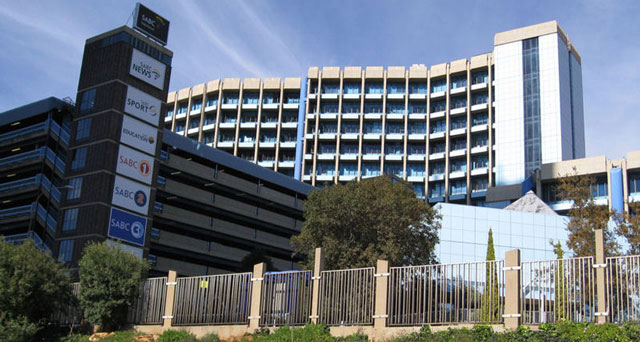
The Democratic Alliance will break up the SABC into various commercial entities and sell these to the highest bidder should it be elected to national government after the 2014 general election.
The plan to privatise the SABC’s assets is contained in the DA’s policy on information and communications technology, published ahead of the release of the party’s election manifesto, which will happen in March.
The document says the process should be overseen by broadcasting regulator Icasa and the Competition Commission to ensure a diversity of ownership and voices in South African media.
“The DA would hold public hearings to determine whether South Africa needs a public broadcaster and, if so, what form it should take and how it should be financed,” the party says.
Under the DA’s plan, the Government Communication and Information System, or GCIS, will continue to support community broadcasters by paying for a percentage of their broadcasting time to disseminate information from government departments while “leaving the stations free to develop their own voice and content applicable to their audiences”.
“Public funding should be made available in each departmental budget for the development of documentary, educational and civic information content, to be broadcast through community and private channels, flighted in accordance with each channel’s licensing conditions.”
At the same time, the DA says it will privatise broadcasting signal distributor Sentech “when appropriate” to “allow market players to manage, maintain and expand broadcast infrastructure”.
The policy document, which runs to 15 pages, says that the DA will rely on both market-driven and “developmental” approaches to provide ICT services to South Africans. The state, it argues, has a role to play in facilitating access to infrastructure and services in underserviced parts of the country as well as in promoting content that “serves developmental needs”.
“The level of state involvement in promoting universal access to ICT services will be determined by the maturity of the market, the level of competition and the extent to which universal access has been achieved.”
However, it says competition in an “open, predictable and appropriately regulated” market is the best way of achieving universal access and the lowest possible prices at the best quality.
“Competition throughout the sector should be the driving force in the marketplace,” the party says.
It says intervention by government should be a “last resort” and should only be used as a tool when markets have not delivered. Government should encourage broadband infrastructure roll-out to underserviced areas through generous subsidies and tax incentives.
In addition, government should use industry levies to fund infrastructure development in those areas. But this should be done by private-sector companies appointed through a competitive tender process.
The party wants to encourage or enforce infrastructure sharing in underserviced areas and in high-density urban areas where space is limited.
It has mooted the idea of promoting the entry of private-sector service providers into “socially desirable” markets that are not commercially viable through a national fund for social entrepreneurship that will invest in new businesses.
The DA says it supports the contention in the National Development Plan that there is an “inherent conflict of interest between the state’s role as a competitive player in the market (though its enterprises, Broadband Infraco and Sentech, as well as its majority share in Telkom) and its role as a policy maker”.
“The DA believes that the state should resolve the inherent conflicts between its role in ICT policy development and regulation and its interest as an investor in a major telecoms market player by separating the wholesale and retail operations of Telkom into two separate companies and selling its shares in these.”
In addition, Broadband Infraco should be “fully privatised”. — (c) 2014 NewsCentral Media




